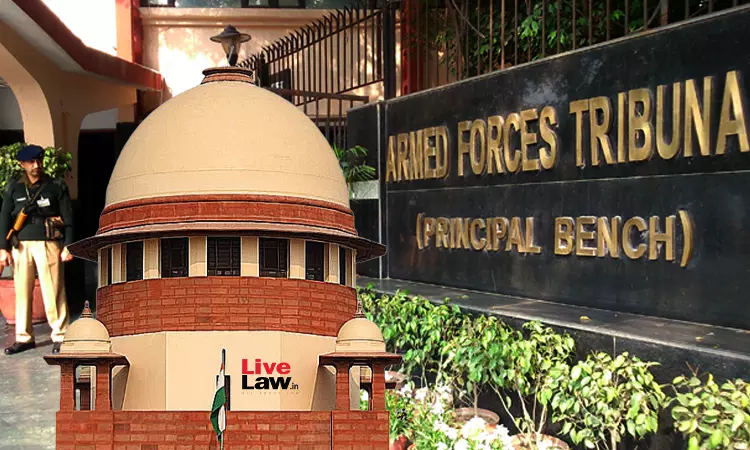The Supreme Court, on Tuesday, overruled its decision in Union of India And Ors. v. Major General Shri Kant Sharma And Anr. which barred the exercise of jurisdiction under Article 226 of the Constitution of India in cases assailing orders passed by the Armed Forces Tribunal. Answering the question, "whether the right of appeal under Section 30 of the Armed Forces Tribunal Act, 2007 against...

